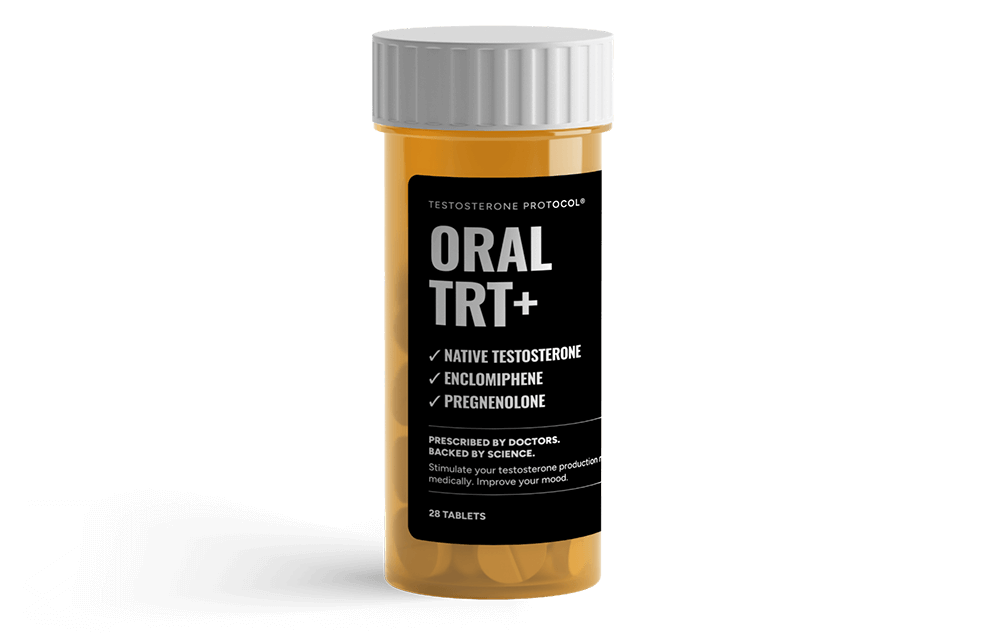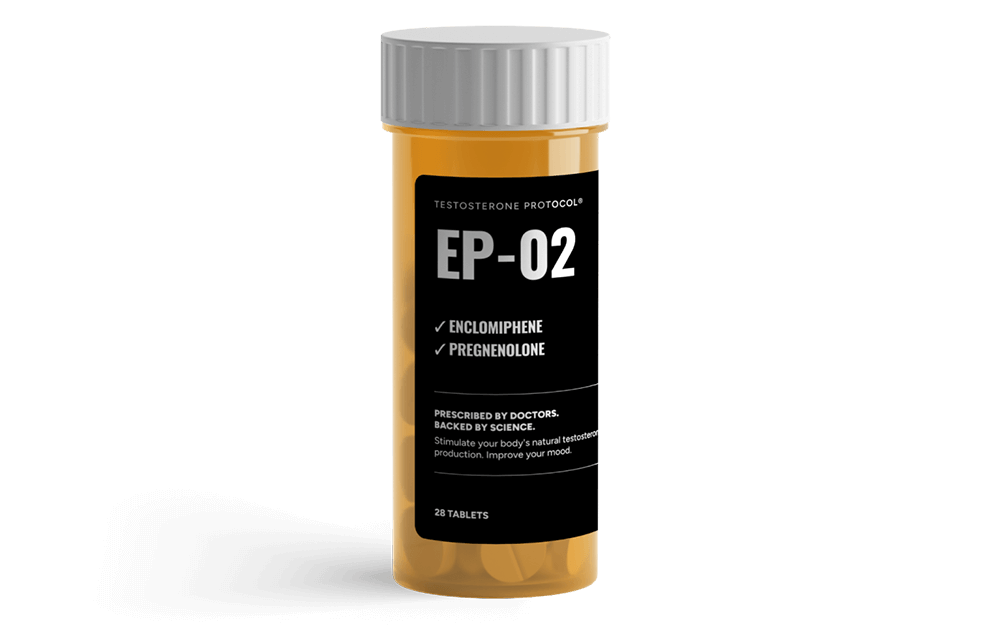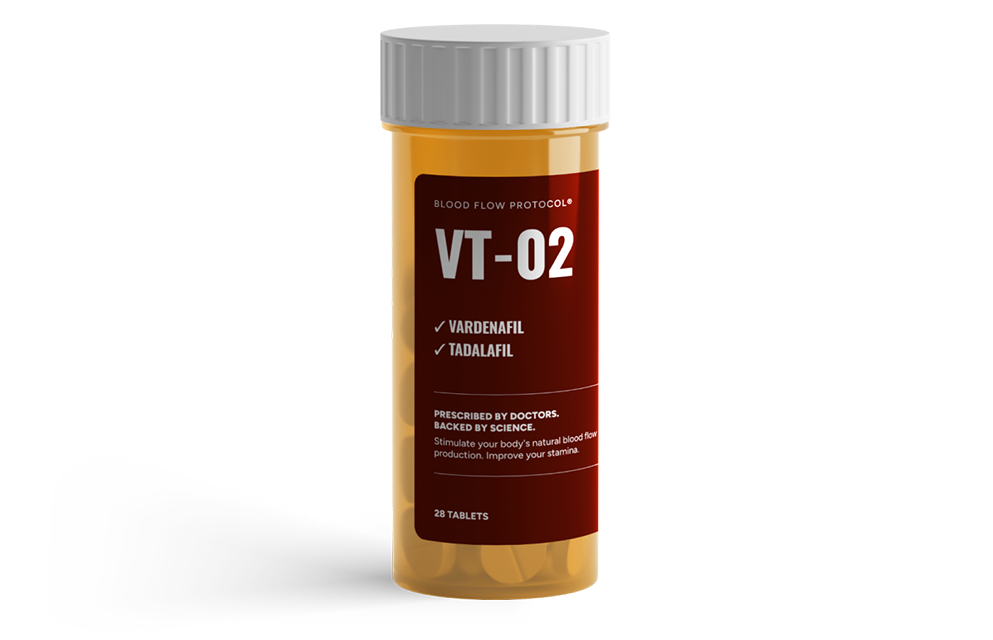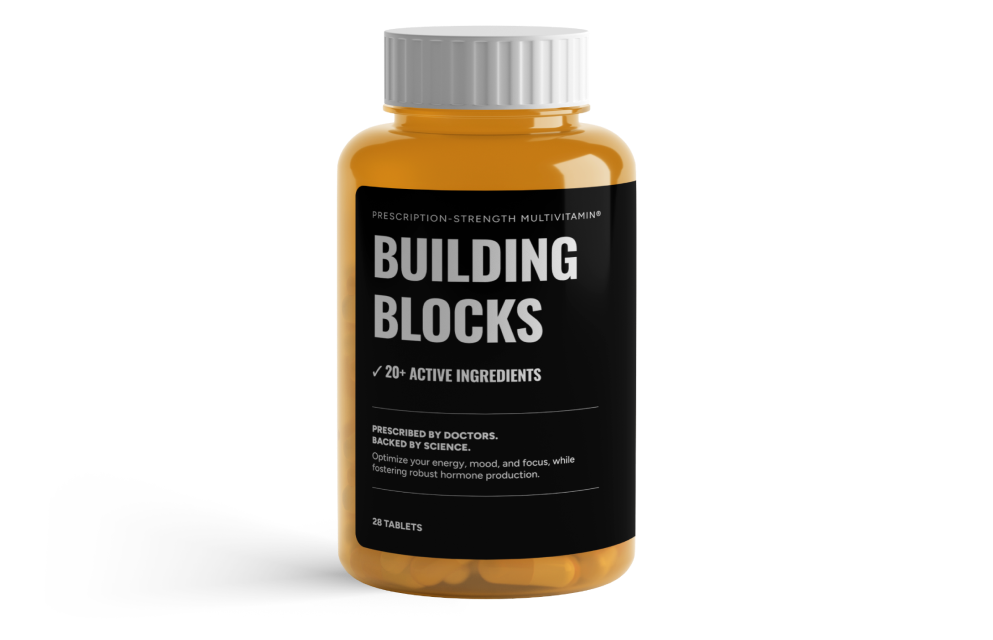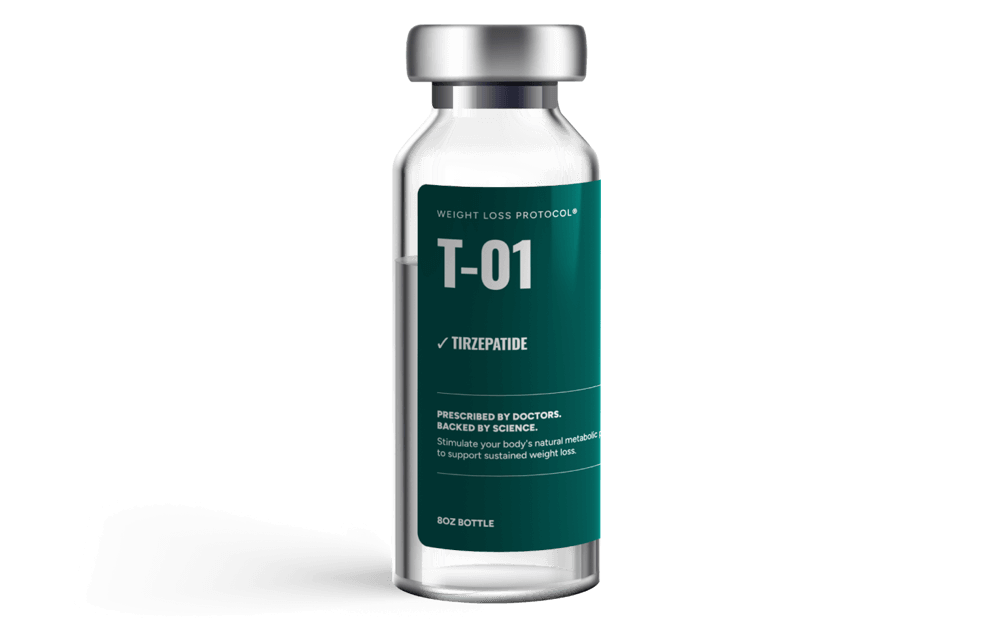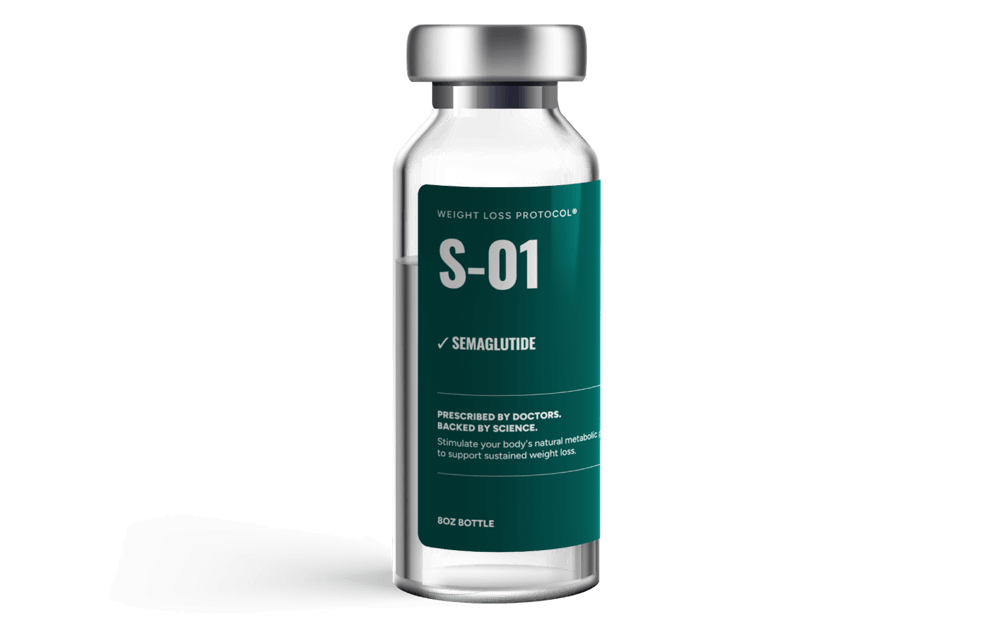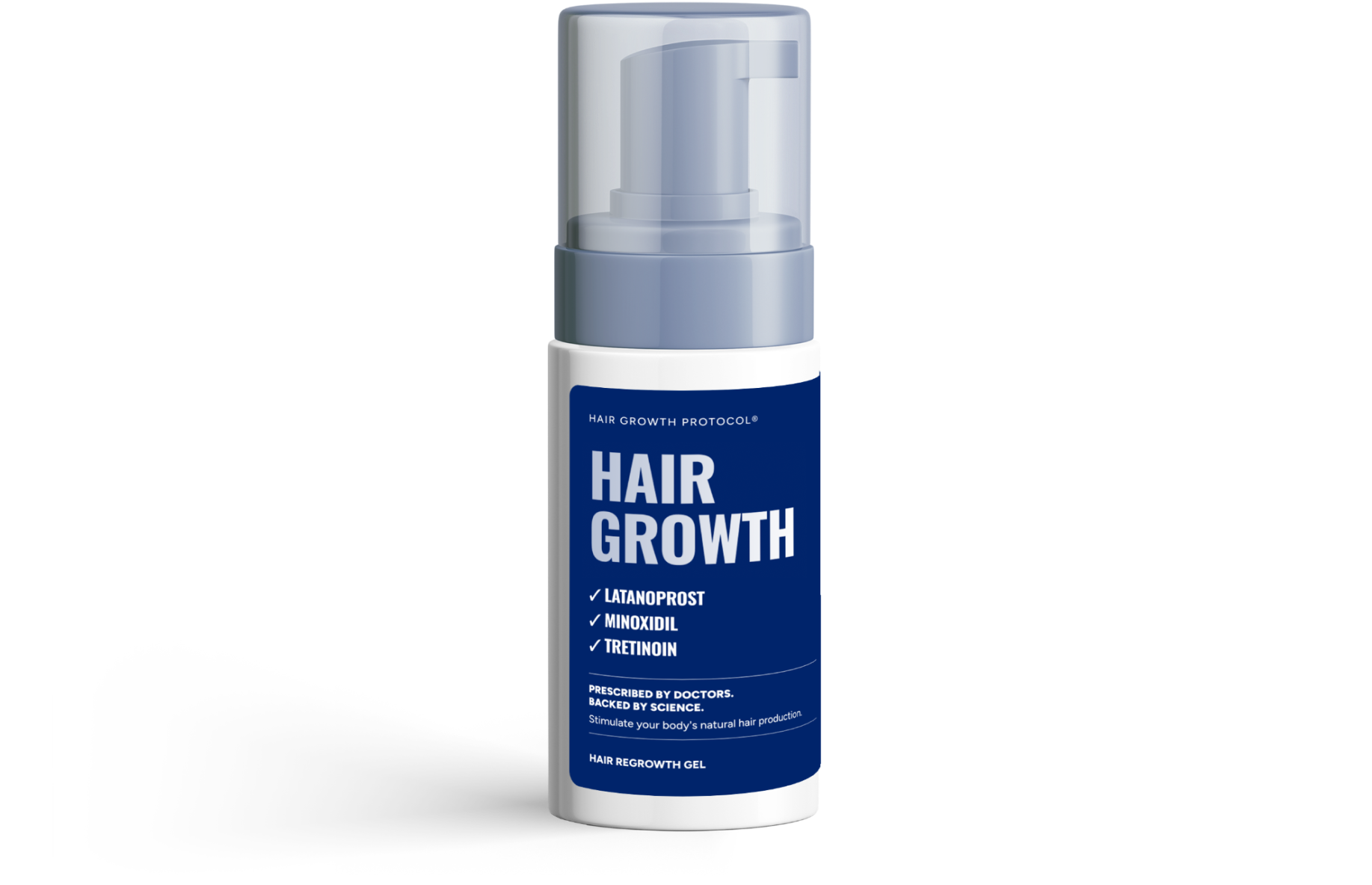Introduction
It seems like every day there’s a new supposed benefit to taking ashwagandha, an evergreen shrub that has been used for thousands of years in Ayurvedic medicine. It has been called a stress reliever, a testosterone booster, an anti-inflammatory, a neuroprotectant, a fat melter, a muscle builder, and even an “Ayurvedic miracle” for youthful skin.
What’s less talked about are the reported side effects of taking ashwagandha, which include emotional numbness, thyroid issues, upset stomach, and more. Read on to find out what ashwagandha is, whether or not it’s safe, and what you should consider taking instead.
Key takeaways:
- Ashwagandha is a medicinal herb that has been used for centuries to reduce stress, insomnia, inflammation, hormonal imbalances, and more.
- While some research has shown that ashwagandha may increase testosterone levels, these studies tend to be small and limited.
- Ashwagandha is associated with a number of negative side effects, including emotional numbness, hyperthyroidism, hypotension, and upset stomach.
What is ashwagandha?
Found in parts of India, Africa, and the Middle East, withania somnifera, or ashwagandha, is one of the most important herbs in traditional Ayurvedic medicine. It contains several bioactive compounds, including substances known as withanolides, which have been associated with anti-inflammatory and antioxidant properties. For centuries, ashwagandha has been used medicinally as a “tonic, aphrodisiac, narcotic, diuretic, anthelmintic, astringent, thermogenic and stimulant.” Now, its root and leaf extracts are sold in supplement form, claiming a number of benefits such as less stress, more sleep, improved fertility, enhanced athletic performance, and more. Even more recently, ashwagandha was promoted for COVID-19, but like many of its reported benefits, there is too little evidence to back this claim.
What are the purported benefits of ashwagandha?
As an adaptogen, ashwagandha is established as an anxiolytic that significantly lowers the stress hormone cortisol; research has confirmed that it is effective in reducing stress and anxiety when compared to placebo. However, according to the National Center for Complementary and Integrative Health, many studies on ashwagandha have had small sample sizes and have used a variety of ashwagandha preparations, providing insufficient evidence to support its benefits.
Potential benefits of using ashwagandha include:
- Stress relief
- More physical endurance
- Increased muscle strength
- Enhanced cognitive function
- Improved male fertility
- Reduced inflammation
- Better sleep
Can you take ashwagandha for testosterone?
If you’ve been curious about how to use ashwagandha for testosterone improvement, here’s what you should know: there is no single supplement proven to increase your testosterone on its own in a clinically meaningful way. Supplements can be useful in addressing nutritional deficiencies, which is important in supporting male hormonal health, but ashwagandha may have more disadvantages than advantages.
It’s true that studies have found a link between ashwagandha and increased T levels, but such research is scarce. In one small study of overweight men aged 40-70, taking ashwagandha resulted in an 18% increase in DHEA-S and a 14.7% increase in testosterone compared to the placebo, but researchers noted no significant change in the subjects’ fatigue, vigor, or sexual well-being.
In a review of four other clinical trials, a 17% increase in testosterone levels was noted along with a 34% increase in luteinizing hormone. Increases in sperm concentration and quality were also recorded. However, researchers concluded that, though promising, the data was still “too limited to provide novel and sufficiently robust evidence of the benefits” of ashwagandha in male infertility.
Ashwagandha side effects
The effects of long-term ashwagandha use are not entirely known, but large doses have been linked to a number of adverse side effects, ranging from stomach upset to potential liver damage. The herb has been known to cause diarrhea, nausea, and vomiting in some subjects, which researchers link to its direct irritation on the intestinal mucosa.
Ashwagandha may also interact negatively with certain medications and underlying health conditions, including those taken for diabetes and high blood pressure, immunosuppressants, sedatives, anti-seizure medications, and thyroid hormone medications.
Does ashwagandha kill emotions?
Anecdotally, there have been numerous accounts about ashwagandha emotional numbness and loss of pleasure. Reddit users report worsened depression, derealization, blank minds, low libido, lethargy and a complete lack of feeling similar to the withdrawal effects seen with SSRIs. One Indian study found that these effects may be the result of ashwagandha’s impact on 5HT receptors in the brain, which is associated with reward processing.
Another potential reason why ashwagandha kills emotions has to do with cortisol. Studies have proven that ashwagandha “substantially” lowers cortisol levels. And though this hormone is related to the body’s fight-or-flight response, having excessively low levels can cause issues. Research has linked low cortisol to apathy, depression, and irritability. And some studies have found low cortisol to be a precursor to erectile dysfunction.
The risk of ashwagandha anhedonia and other adverse side effects is increased if the herb is taken with prescribed drugs for depression and/or anxiety. This study cited unfavorable interactions between ashwagandha and the drugs imipramine, diazepam, and fluoxetine (Prozac®), leading researchers to dissuade users from combining these types of products.
Can ashwagandha lower blood pressure?
Ashwagandha is known to lower blood pressure, which is typically seen as a positive effect, especially in individuals with hypertension. But this can be a dangerous issue when combining ashwagandha and blood pressure meds or supplements like casein peptides, L-arginine, niacin, and stinging nettle. Signs of dangerously low blood pressure include blurred vision, confusion, fainting, dizziness, nausea, drowsiness, and weakness.
Ashwagandha thyroid benefits and adverse effects
While it’s true that ashwagandha benefits thyroid function due to its ability to stimulate the endocrine system, this can cause problems for a person with hyperthyroidism or those taking medication to normalize their thyroid levels. When thyroid levels get too high, it can cause a condition called thyrotoxicosis as indicated in this ashwagandha thyroid study from 2022. The study cites the case of a 73-year-old subject who took ashwagandha for two years to treat hypothyroidism. This resulted in irregular heartbeat, symptoms of hyperthyroidism, and significantly low TSH levels, all signs pointing to thyrotoxicosis. Other signs of this condition include weight loss, heat intolerance, anxiety, and even heart failure.
Safer supplements to support testosterone levels
Though ashwagandha has several proven benefits, its negative effects should not be ignored. If you are taking ashwagandha solely to support your T levels, there are a number of other supplements you can take without compromising your mental or physical health.
Maximus Building Blocks is a prescription-strength multivitamin that can help support hormone and energy production with 15 key vitamins and minerals not found in standard multivitamins or green powders. Though it will not boost testosterone on its own, it does contain science-backed ingredients, such as geranylgeraniol, a compound known to enhance testosterone production.
Other actions you can take to boost your T levels naturally is to follow a healthy diet, get enough sleep, avoid smoking, cut back on alcohol, and maintain a healthy weight. If you need even more support, prescription medication is another viable option.
Explore more supplements and learn more about how the Maximus Testosterone Protocol can help you optimize your testosterone levels by 1.5-2.5X.



